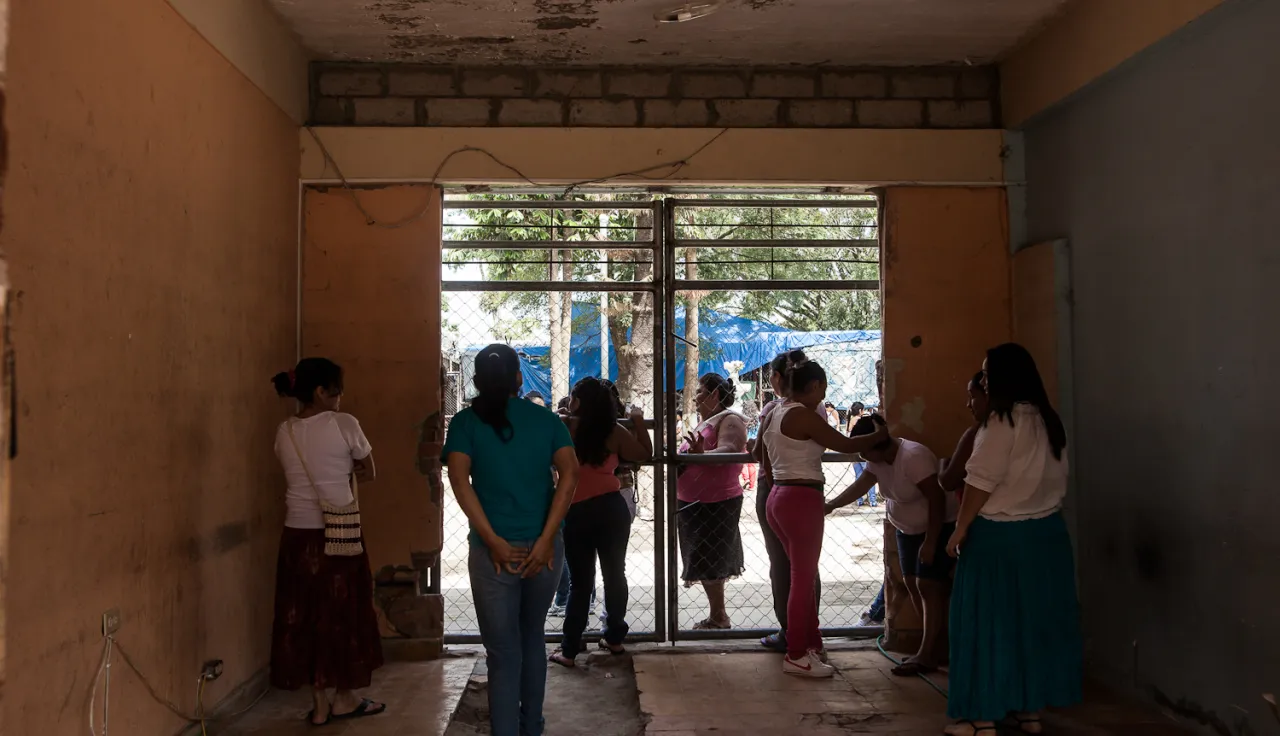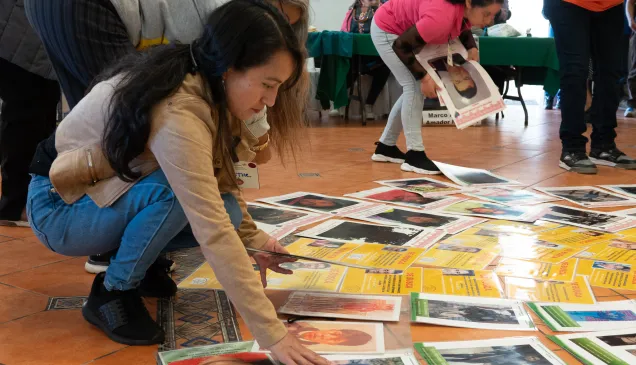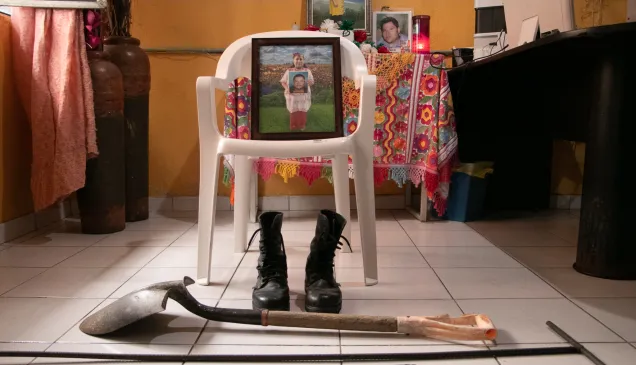Mexico: People Deprived of their Liberty

The main purpose of ICRC visits to people deprived of their liberty is to closely monitor the treatment they receive from the time of their arrest, the conditions of detention and compliance with judicial guarantees in accordance with international humanitarian law (IHL), internationally recognized standards and domestic legislation. We maintain a confidential bilateral dialogue with the relevant authorities and submit recommendations based on our findings.
In 2019, the ICRC visited detainees in federal prisons. The visits were carried out under the collaboration agreement signed in 2016 to this end with the National Security Commission.
The ICRC focused on the specific needs of women detainees at the women's facility in Coatlán del Río (Morelos). Work began to study the possibility of establishing a progression regime in the prison, aimed at re-introducing women detainees of a particular profile to the responsibilities and tasks associated with daily life in the community. Representatives from the women's prison took part in the second workshop on women deprived of their liberty organized by the ICRC in El Salvador, which was also attended by prison staff who work with women detainees from six other Central American countries.
The ICRC assesses the mental health status of detainees to ensure that their needs in this respect are met. To this end, we conducted an assessment at federal prison no. 16 and worked to strengthen the delivery of comprehensive mental health services for all detainees in the federal prison system.
Representatives of the administrative agency for crime prevention and social reintegration (OADPRS) took part in the third regional workshop on prison management and infrastructure, organized by the ICRC in Bogotá (Colombia) and attended by members of the prison authorities of another 17 Latin American countries. The OADPRS confirmed its intention to take part in the regional project on criteria for technical standards on prison infrastructure (CETIP).



